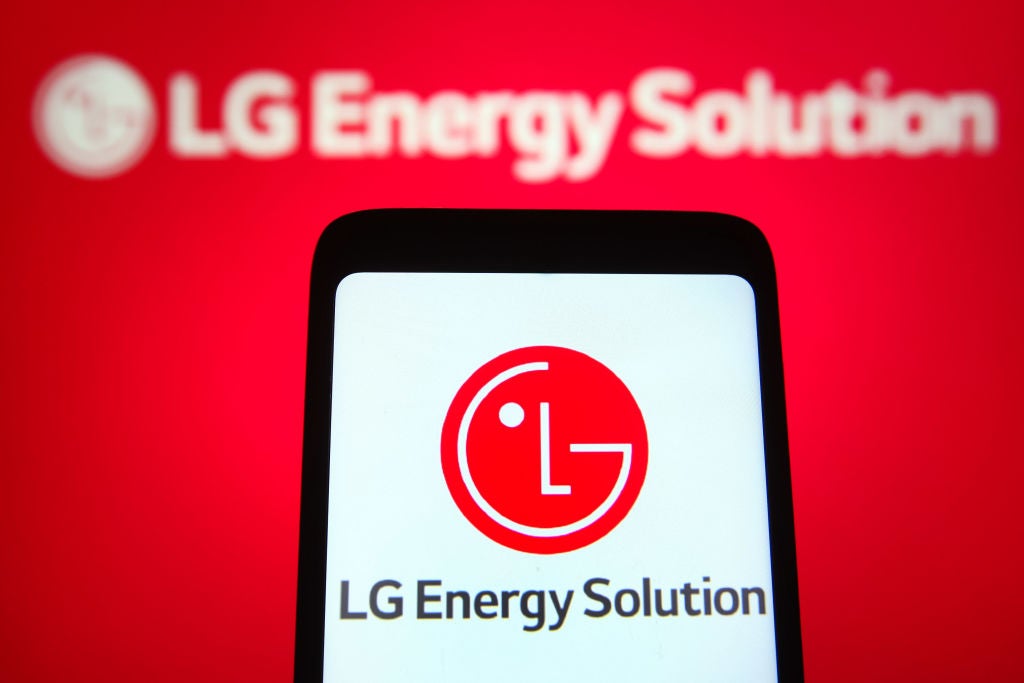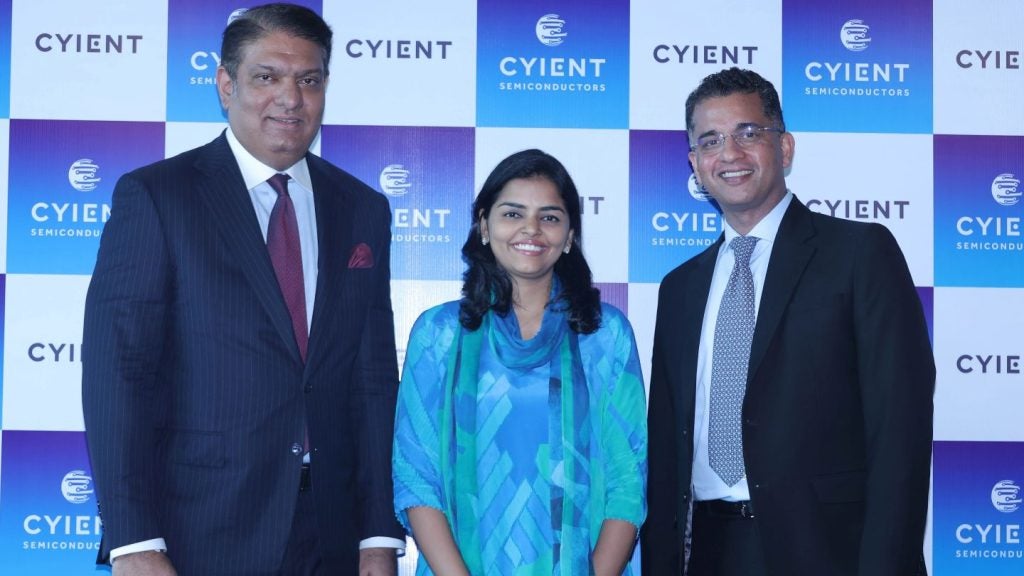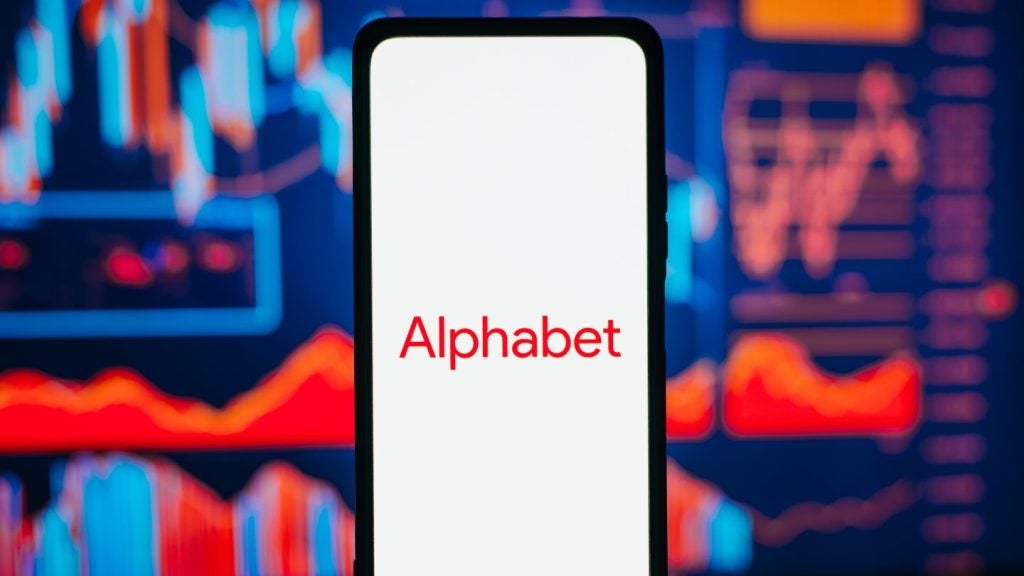
Battery maker LG Energy Solution’s second-quarter profit dropped 58% year-on-year to 195.3 billion won ($141m), the company said on Monday (8 July), as demand for electric vehicles (EVs) slows.
The South Korean-based battery company also saw its revenue drop 30% to 6.2 trillion won ($4.4bn).
The company also faces increased competition from its Chinese rivals, which has weakened its share of the market.
Car manufacturers have been calling for battery companies to create cheaper cells to lower EV prices, which has applied pressure to companies like LG Energy.
This led to LG Energy’s chief technology officer, Kim Je-Young, stating that the company would commercialise dry-coating technology by 2028, a technology which makes battery manufacturing cheaper and more efficient.
Dry-coating technology is being pursued by leading battery makers to replace the traditional wet process for making cathode and anode electrodes, which is energy-consuming and more expensive.
Tesla first discussed using the dry method technology in 2020, however, Elon Musk’s company had only been able to successfully implement the process on the anode part of the battery, Reuters reported.
Al Bedwell, analyst at GlobalData, told Just Auto: “The European battery electric vehicle market (BEV) is undergoing a period of slow growth as financially stressed buyers are deterred by high sticker prices, and, of course, range and charging anxiety remains an issue for many prospective BEV drivers.”
In the US, one in five public EV chargers does not work, adding a significant hurdle to increasing EV sales in the country, according to a study by Harvard Business School in June.
The study, which collected data across the US for over a decade, found that US EV public chargers had a reliability score of just 78%.
Omar Asensio, the lead researcher on the study, said that the data found that EV stations were on average less reliable than traditional stations.
According to GlobalData’s Thematic Research: Electric Vehicle 2022 report, around 15.5 million EVs will be built by 2025, equating to a 15.1% share of total light vehicle production.







